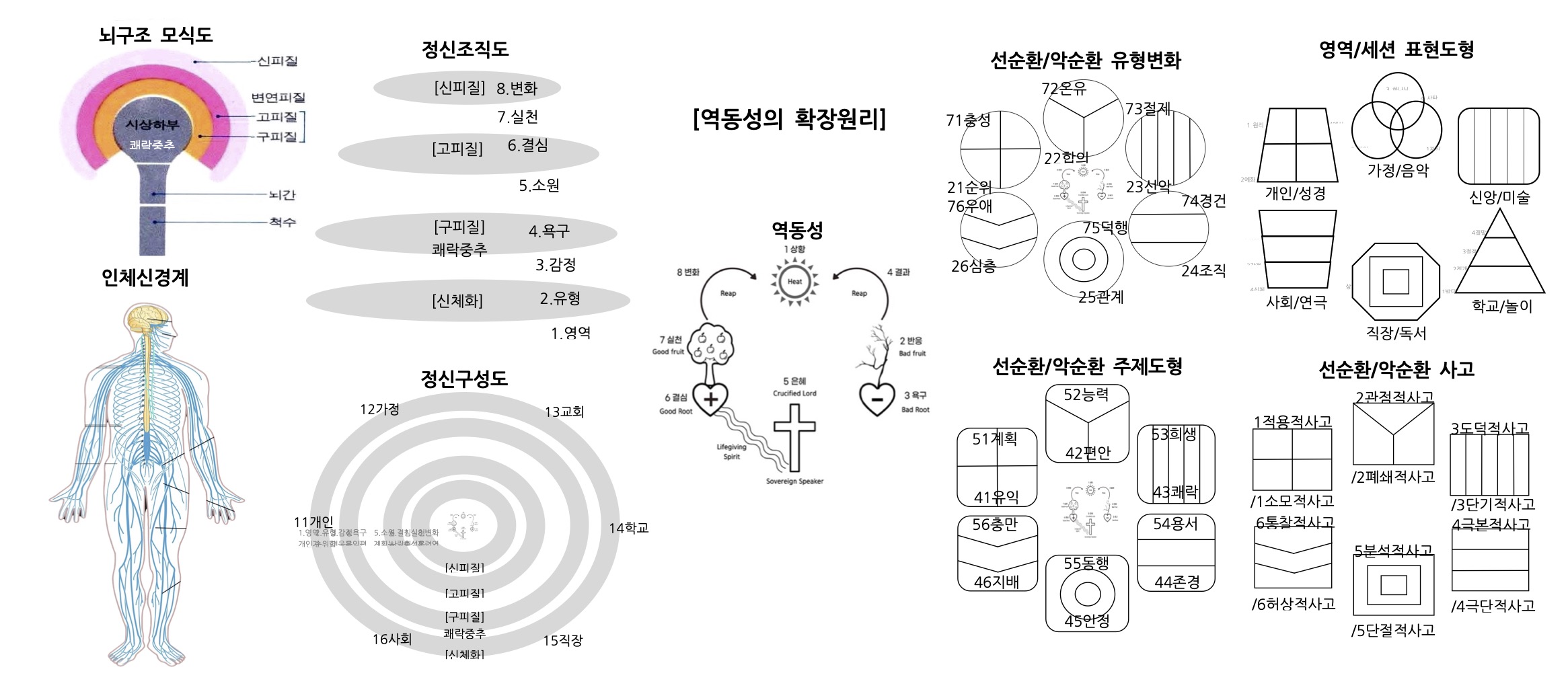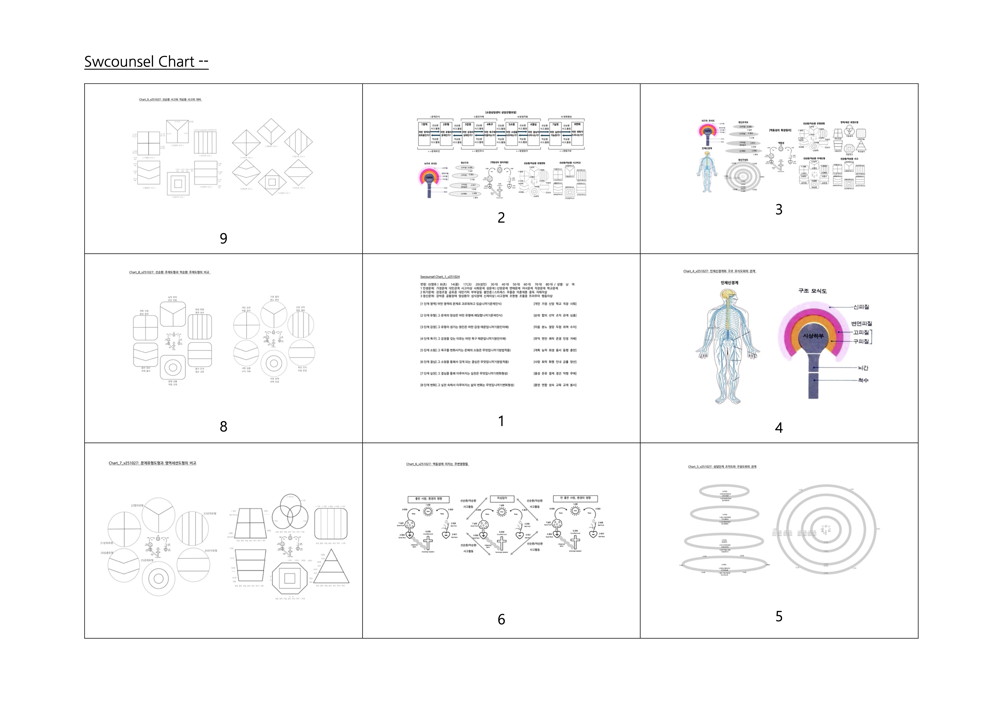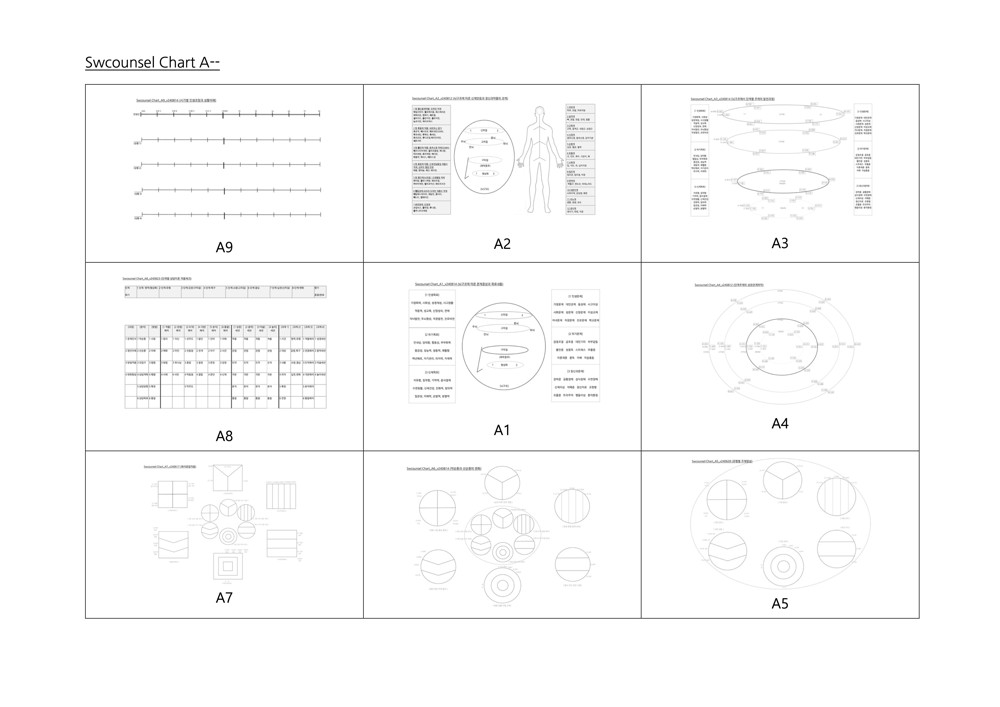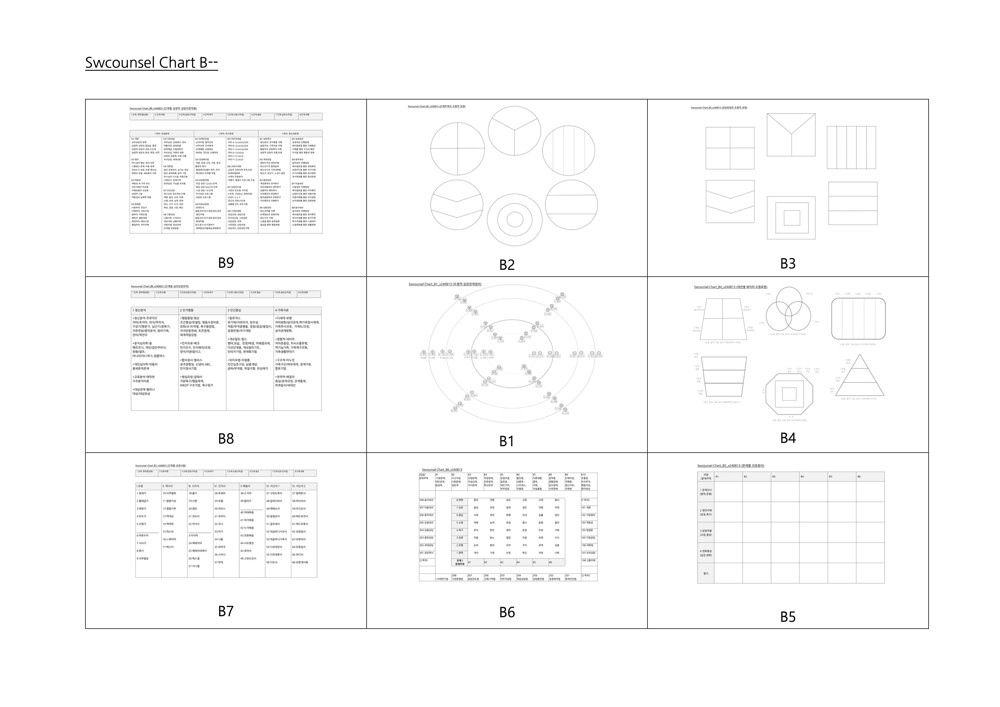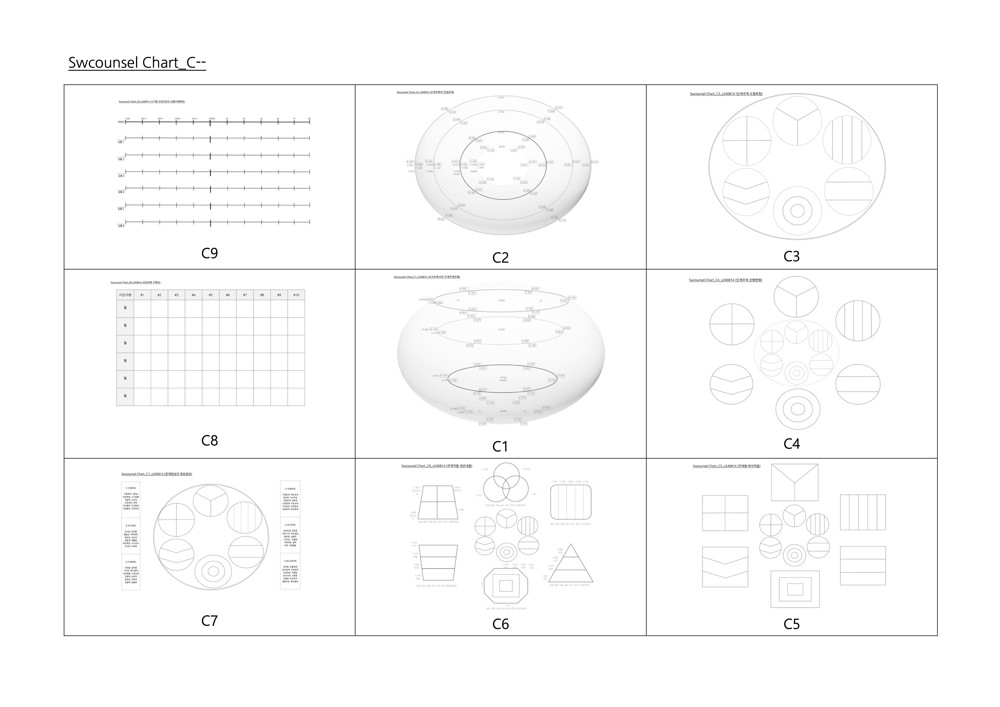초록
본 연구는 성경적 상담이 현재시점에서 좀 더 성경적이 되기 위해 보완해야 할 부분이 있음을 제시하고자 한다. 성경적 상담에서 부단히 검토해야 할 것은 성경의 충분성이 아니라 상담자들의 시대적 제한성이라 생각한다. 이는 상담의 언어가 시대적 배경과 동기를 가진 것으로 여전히 변천하는 시대의 패러다임 안에서 구사되고 있기 때문이다. 그동안의 성경적 상담은 내담자의 마음이 중요하다는 것과 죄의 뿌리를 찾고 회개하여 변화하도록 하는 데 집중함으로써 개인과 내면상태를 중요시하는 접근을 해왔다. 상담의 실제에서 성령의 역사는 내담자의 삶과 구체적으로 연결되기보다 말씀이나 상담자라는 도구에 더 의존된 경향이 있었고, 공동체를 중요하게 여기면서도 상담에 직접 활용하는 것은 미약하였다. 이에 반해 포스트모던 시대의 치료적 접근에는 내담자의 삶의 여정을 주된 소재로 삼아 비전문가인 외부사람들의 다중적이고 다방향적인 영향력을 구체적으로 사용하는 과정들이 제시된다. 이는 해석의 차원이기보다는 수집의 차원으로 무엇을 듣고자 하는가에 초점을 두는 것이다. 본 연구에서는 성경적 상담과 포스트모던 시대의 치료적 접근의 듣기언어를 검토하여, 내담자의 인생여정을 성령의 역사로 들으며 공동체 안에서 더 풍성해지도록 한다는 점에서 좀 더 성경적이 되는 지점을 살펴보고자 한다.
This study suggests the improvement areas for the biblical counseling to become more biblical. I believe that what we need to keep examining is not the sufficiency of the Bible but the periodical limitations of the counselors. The language of the counselors has its periodical background and motivations, spoken in the paradigm of changing era. The biblical counseling has focused on the client’s mind, trying to find the root of the sin and make the person repent and change. In actual counseling, the Work of the Spirit has depended more on the Bible or the tool of counselors than making close connections with the client’s life. And the community has actually been used weakly while emphasizing it. On the contrary, the therapeutic approaches in postmodern era focus mainly on the journey of client’s life and suggest the processes where multi-directional effects of the Participants are used. This is more of collection than interpretation, focusing on what to listen to.
This study examines the listening language of the biblical counseling and the therapeutic approaches of postmodern era. The biblical counseling becomes more biblical in that we listen to the client’s life as the history of the Work of the Spirit, making it more abundant in the community.
키워드
참고문헌(42)
KCI에서 이 논문을 인용한 논문의 수는1건입니다.
 맑은소리
맑은소리



